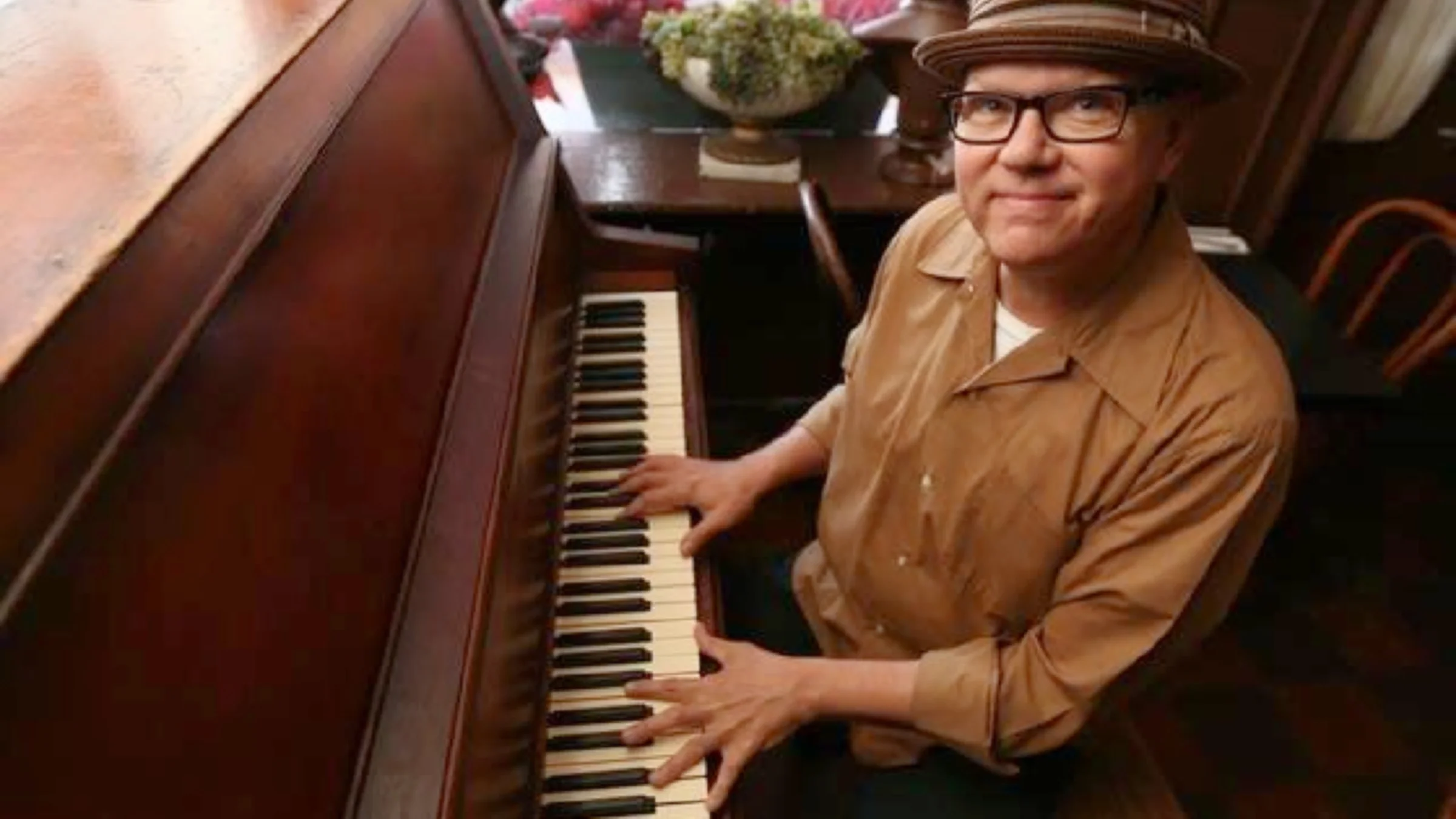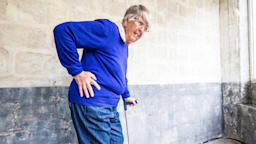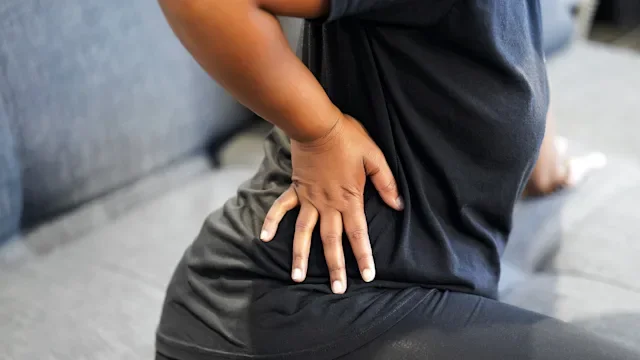Key takeaways:
When Cincinnati musician Ricky Nye realized he needed shoulder replacement surgery, it was important for him to find a medical professional he could trust.
He had to make adjustments during recovery, including figuring out how to sleep.
Ricky says his healing process took time, but you have to be confident that you can get through it.
Cincinnati musician Ricky Nye worked his first paid music gig when he was 12. As a young man, he remembers deciding: “Hell or high water, I’m going to make my living as a musician.”
And since then, he has been writing, recording, and playing, especially piano. He is highly regarded by his peers as a master of boogie-woogie, blues, and New Orleans music.
But decades of working — including hauling equipment — took a toll on Ricky, who’s now 66. Some 20 years ago, he noticed he could no longer lift speakers onto a stand. Over time, it got worse. He had to quit playing the accordion entirely.
“Every time I put it on, it was like my shoulder would be on fire,” he says. “One shoulder would bother me and then the other. I had no range of motion. I couldn’t even put my hands behind my back. It just got to be where I couldn’t really do anything. I was in a lot of pain. My shoulders were always burning.”
How he found out he needed his shoulder replaced
X-rays showed Ricky had moderate to severe arthritis in his right shoulder. His primary doctor sent him to physical therapy to help reduce the pain. But soon, his physical therapist told him it was time to see an orthopedic surgeon.
“My therapist said, ‘This is like bone-on-bone. You’ve got crunching going on.’”
He met with a surgeon but found him dismissive and arrogant. “He’s retired now. That’s a good thing; let’s put it that way," Ricky says. “It took me a while to go back to try to see someone else. The surgeon came highly recommended. He said, ‘You need a full shoulder replacement.’”
Ricky received a packet of instructions on how to prepare — washing his hands with strong antibacterial soap, stopping supplements and certain medications several days before surgery, arranging for a ride home, and preparing to ice his shoulder regularly.
The surgery required only 45 minutes in the operating room. And he was sent home the same day.
Read more like this
Explore these related articles, suggested for readers like you.
“They gave me a nerve block, which lasted about for a day,” Ricky says. “That was a unique sensation, when your hand is just like dead. For me, being a piano player, that’s kind of funny. I knew it was going to pass. But I was like, ‘Wow, this is weird.’”
How do you sleep after surgery?
While recovering at home, Ricky found his most difficult challenge was sleeping. Recliners are usually recommended after shoulder surgery, but Ricky didn’t have one. His girlfriend hit on the idea of pushing two loveseats together, with both facing inward. That let Ricky sit nearly upright with his legs elevated.
“I gotta say, just my personal opinion, it’s pretty much impossible to try to sleep in the bed after this kind of surgery,” Ricky says. “It was about 2 months before I could get in bed and feel secure.”
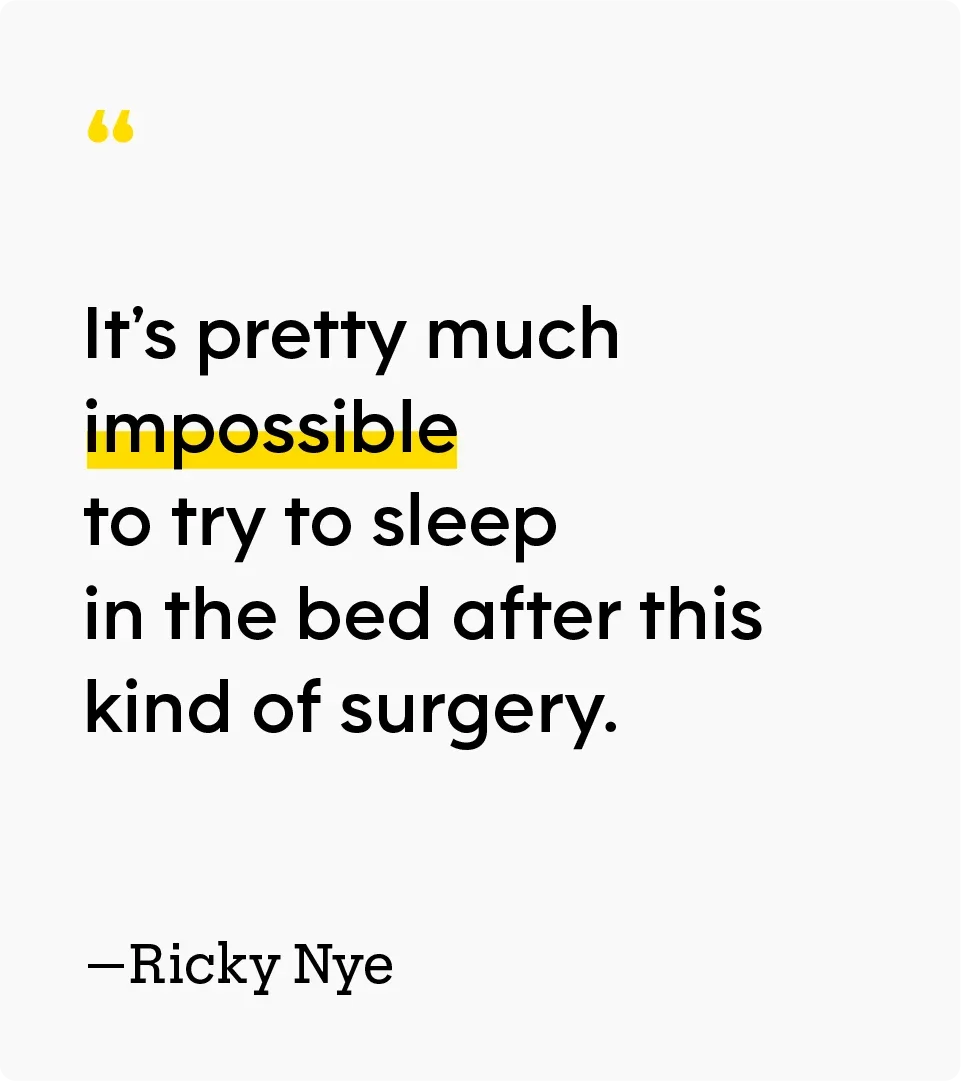
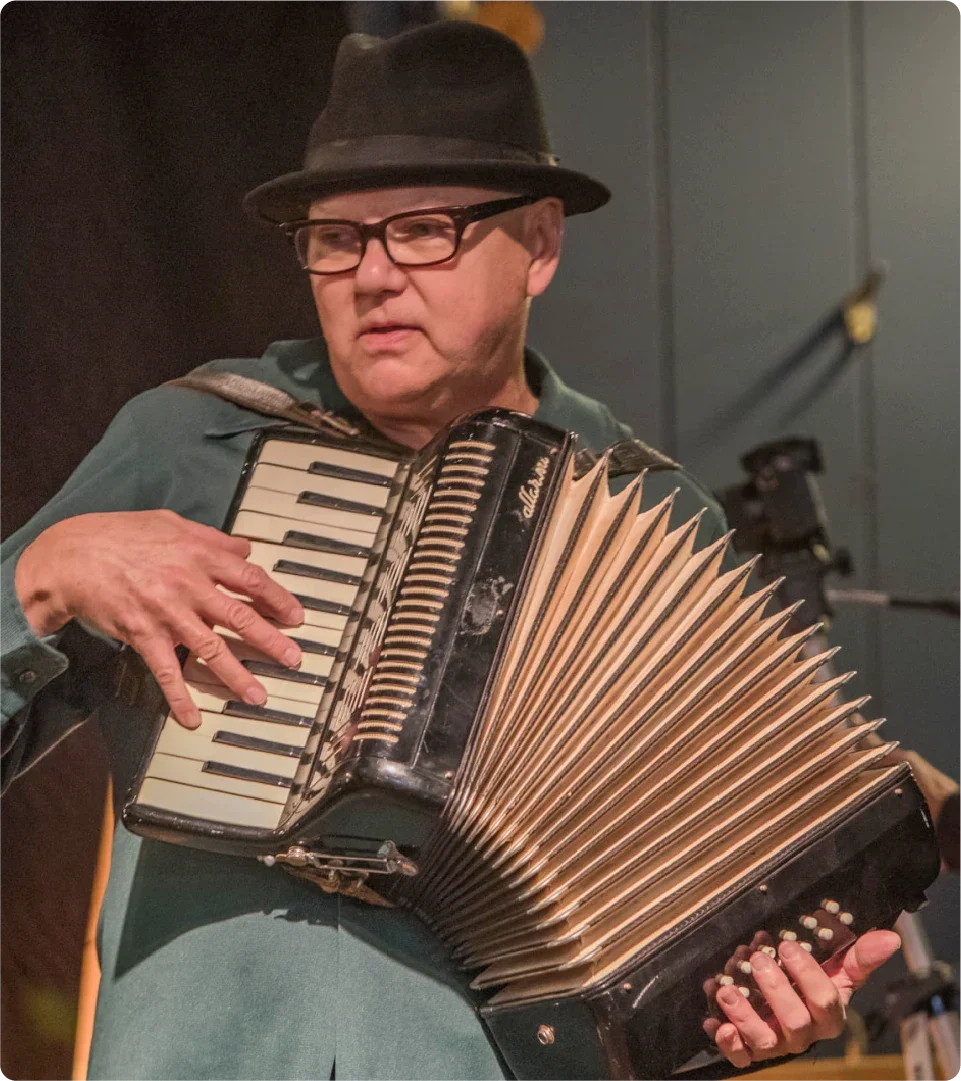
During the first week after surgery, he worried the medical team was not paying attention when he called to ask follow-up questions.
Ricky told them, “I know you do this on a regular basis, but this is the first time it’s happened to me. And I’m kind of miserable right now. I have questions that just weren’t in the paperwork.”
From that point on, he says the medical team was great.
What it feels like after shoulder surgery
Shoulder surgery hurts. For Ricky, pain management was another challenge in his recovery.
“I was given oxycodone,” he says. “I took it once, and I felt like I couldn’t walk. Then, they put me on tramadol and gabapentin. When I took the two of them as prescribed, I was pretty knocked out.”
He took the prescription painkillers for about a month, while his pain was “miserable,” he says.
For about 2 weeks, Ricky learned to shower and dress carefully while his bandage was on.
Daily life, he says, “was such a big challenge. And a big challenge for my girlfriend, too.” For one thing, Ricky was used to handling regular household jobs, including grocery shopping and cooking. “Now, all that was on her.”
He says recovery would have been much harder and taken longer without her help.
“There are so many things that are just impossible if I was just on my own. It’s almost like I got to have a caregiver for the first couple of weeks,” he says. “It was stressful, for her and for me. I was very appreciative and apologetic.”
Patience pays off after surgery
Another issue for Ricky was uncertainty over how long recovery would take. Specifically, he worried about when he’d be able to work again.
He got all kinds of estimates from his care team about his recovery timeline: 2 weeks, 6 weeks, 2 months — even 6 months.
As it turned out, Ricky was able to perform, despite some discomfort, 5 weeks after surgery.
“I still couldn’t move the gear,” he says. “That was a 90-minute set with my quartet, so it wasn’t solo. It took me another 2 weeks to get to where I could play solo.”
Ricky also teaches music lessons online. And for the most part, he was able to continue after he was out of the sling. If he wanted to demonstrate something on the keyboard, he says he “would have to stand up, because I couldn’t lift up my arm.”
Ricky started physical therapy about 2 weeks after surgery and continued twice a week for 3 months. He was pleased with the results, which included exercises to do at home.
“I could have been more diligent about the exercises,” he says. “Just playing piano was good therapy.”
Overall, he says, “I really enjoyed the little victories along the way. Like, ‘Hey, I can brush my teeth with my right hand.’ ‘I can touch my face.’ ‘I can eat with my right hand.’ ‘Yay!’ Each week goes by, and you’re able to do more.”
Ricky knew he was on the right track at a recording session a few months after surgery.
“I had to play a couple accordion tracks, and it was no problem. It did not hurt at all,” he says. “That’s the joy of moving, of doing the things you used to do — except without pain.”

Why trust our experts?




